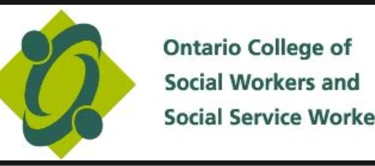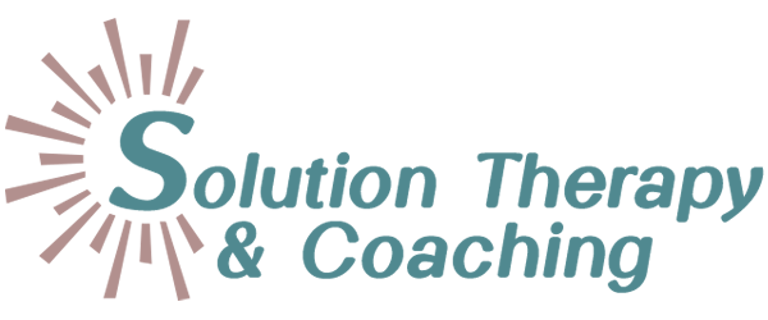Redefining Success: Aligning Personal Values with Professional Goals
How these can personal values align with the professional aspirations. Find guidance on setting meaningful and achievable goals that resonate with one's core values.
2/7/20244 min read


Understanding Personal Values
Personal values are fundamental beliefs that guide our behaviors, decisions, and actions. They serve as a compass, helping us navigate through various life situations with a sense of purpose and direction. Understanding these values is crucial, as they form the core of who we are and influence our interactions with the world around us.
To uncover your personal values, start by introspecting on moments in your life when you felt truly fulfilled and content. Ask yourself: What were you doing? Who were you with? What aspects of those experiences brought you joy and satisfaction? These reflections can provide insights into the values that matter most to you.
Engage in practical exercises to delve deeper. For example, list moments when you felt proud and identify the reasons behind that pride. Was it your integrity that shone through in a challenging situation? Perhaps it was your creativity in solving a complex problem, or your compassion in helping someone in need. Such exercises can help you pinpoint values that are integral to your sense of self.
Examples of personal values include integrity, which involves being honest and having strong moral principles; creativity, the ability to think outside the box and innovate; and compassion, the empathy and care we show towards others. These values not only define who we are but also shape how we perceive and respond to the world.
Understanding your personal values comes with numerous benefits. It enhances self-awareness, allowing you to make more informed and authentic choices. Aligning your actions with your values leads to a clearer sense of purpose, reducing internal conflicts and increasing overall satisfaction. By recognizing what truly matters to you, you can set goals and pursue paths that resonate deeply with your core beliefs, ultimately leading to a more fulfilling and successful life.
Aligning Values with Professional Goals
Aligning personal values with professional goals is crucial for achieving a fulfilling career. This alignment requires a thorough evaluation of your current professional aspirations against your core values. Start by identifying your personal values, such as integrity, creativity, or work-life balance. Once these values are clear, reflect on whether your current career path supports them.
One effective strategy is to create a values assessment matrix. List your values in one column and your current professional goals in another. Evaluate each goal against your values, highlighting areas of alignment and misalignment. This visual representation can help you identify necessary adjustments to your goals or career path. For instance, if you value creativity but find your current job stifling, consider exploring roles within your field that allow for more creative expression.
Another approach is to seek opportunities that resonate more closely with your values. This might involve researching companies known for their commitment to the same values or considering a career change to an industry that better aligns with your personal principles. Networking with professionals in these fields can provide insights and potentially open doors to opportunities that better match your values.
Real-life examples can be particularly inspiring. Take the case of Jane, a financial analyst who valued social impact. She transitioned from a corporate finance role to a nonprofit organization, where she could use her skills to drive social change. Similarly, John, who valued innovation, moved from a traditional engineering role to a tech startup, where he found the freedom to innovate and create.
Integrating values into career planning also involves regular reflection and adjustment. As personal values and professional landscapes evolve, it's essential to re-evaluate and adjust goals accordingly. Tools like journaling or mentorship can assist in this ongoing process, ensuring that your professional journey remains aligned with your personal values.
Setting Meaningful and Achievable Goals
Setting meaningful and achievable goals is a fundamental step in aligning personal values with professional aspirations. The SMART goal-setting framework, which stands for Specific, Measurable, Achievable, Relevant, and Time-bound, provides a structured approach to creating clear and actionable objectives. To tailor these techniques to reflect personal values, one must start by identifying core values that resonate deeply within. For instance, if community service is a core value, a professional goal could involve leading a corporate social responsibility initiative.
Once values are identified, breaking down larger goals into smaller, manageable steps becomes essential. This segmentation not only makes the process less daunting but also allows for incremental progress to be celebrated. For example, if the ultimate goal is to achieve a leadership position, smaller steps might include completing relevant training, seeking mentorship, and taking on progressively responsible projects.
Staying motivated and accountable is crucial for goal achievement. Regularly reviewing and reassessing goals ensures they remain aligned with both personal values and evolving professional landscapes. Flexibility and adaptability are key; being open to adjusting goals as circumstances change prevents stagnation and promotes continuous growth. For instance, if a goal is no longer relevant due to a shift in industry trends, recalibrating to stay current and aligned with core values will be necessary.
Overcoming common obstacles is another important aspect of goal setting. Challenges such as time management issues, lack of resources, or unexpected setbacks can hinder progress. Developing strategies to address these barriers, such as prioritizing tasks, seeking additional resources, or adjusting timelines, can help maintain momentum. Balancing personal fulfillment with professional success is an ongoing process that requires regular introspection and a willingness to adapt.
Ultimately, setting meaningful and achievable goals that reflect personal values is a dynamic process. It involves not only a clear understanding of one's core values but also the ability to remain flexible and resilient in the face of challenges. By adopting this balanced approach, individuals can ensure that their professional pursuits are both fulfilling and aligned with their deepest convictions.
Phone: 437-747-6416
Get in Touch
Toronto based office, offering virtual services throughout Ontario








